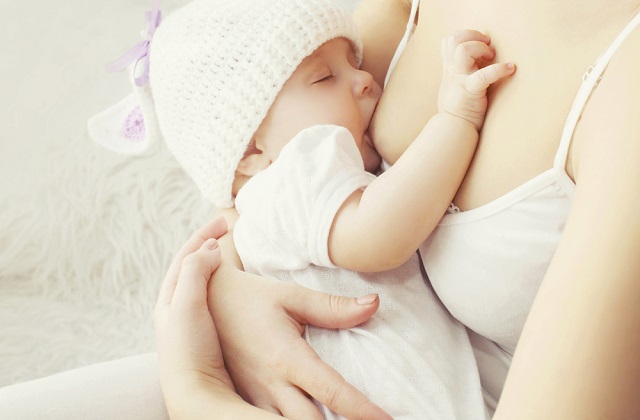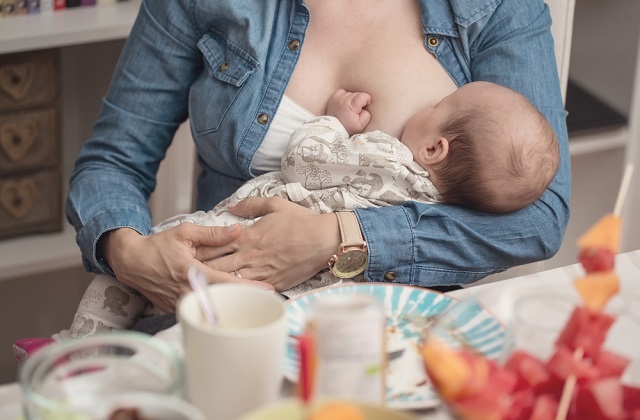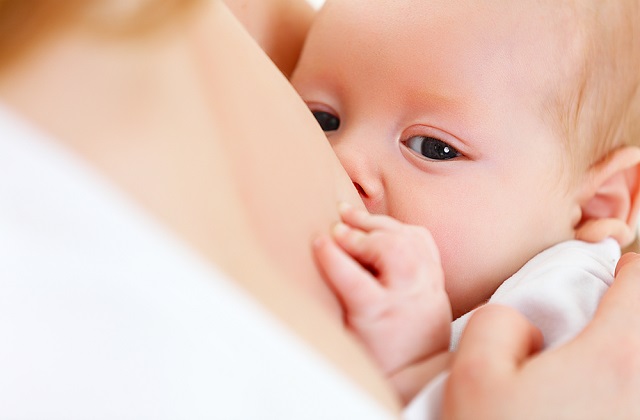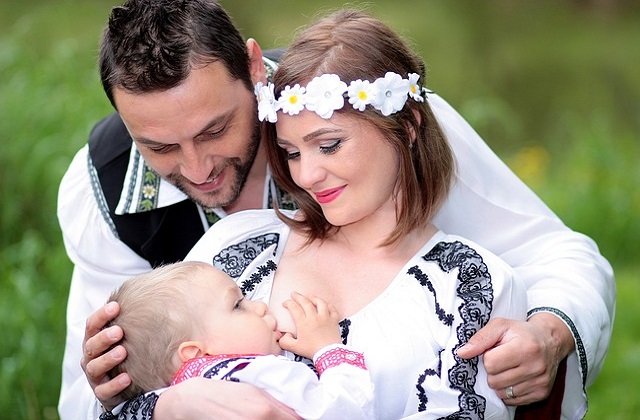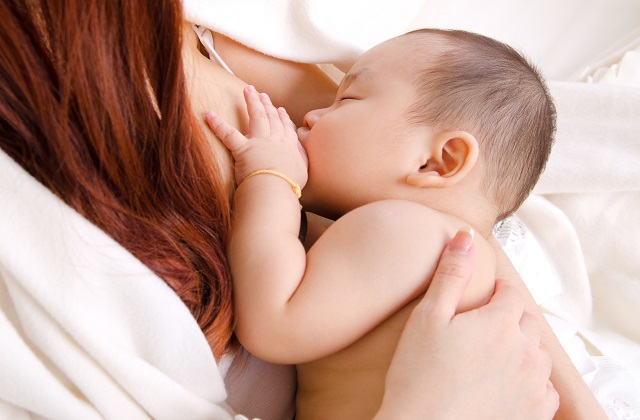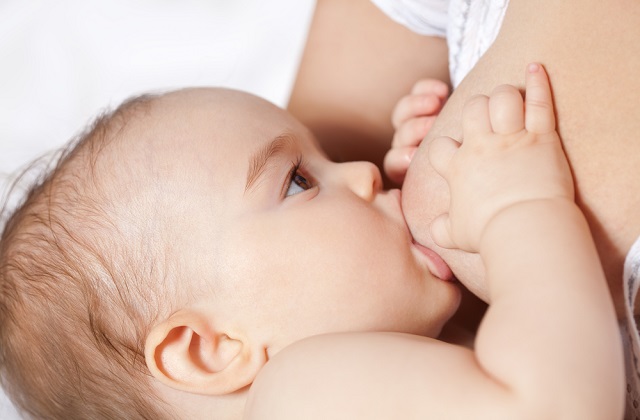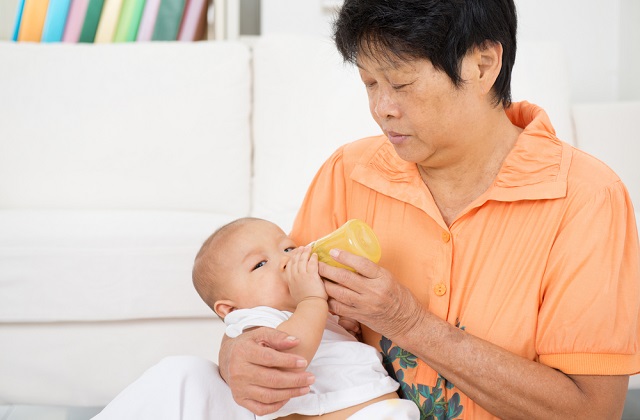breastfeeding
Mastitis:mastitis is caused by infection and milk staying in the breast like engorgement, plugged milk duct or inadequate milk removal. Symptoms of mastitis include intense pain, fever, breast warmth, breast swelling,nursing mothers will feel run down. Antibiotics is usually needed for treatment. Frequent nursing is the best way to prevent mastitis.
Read MoreItchy nipples or thrush while breastfeeding:thrush is the common cause for itchy nipples during breastfeeding. Thrush is caused by yeast infection. Thrush can be treated by using anti-fungal medication. To prevent itchy nipples or thrush, parents should clean pacifiers, nipples and other items that in contact with baby's mouth or nursing mother's nipples.
Read MoreSore Nipples: improper positioning of the baby on the breast is the most important cause of nipple pain. Other causes of nipple pain include infection, tongue-tie in baby, teething, tight bra or breast pads or breast engorgement. Nipple pain may be solved by adjusting the position of the baby during breastfeeding. Measures which help to prevent nipple pain is also included.
Read MoreBreast engorgement:most women will experience breast engorgement in day 2 to day 5 after birth as the breast milk first comes in. Symptoms of breast engorgement include swollen and painful breasts as well as flattened nipples. Nursing mothers can apply hot compress, cold compress to the breast to relieve the engorgement or improve the circulation. Apply cold vegetable like cabbage can also help to relieve the breast engorgement.
Read MoreFrequency and duration of breastfeed:nursing mother should practice breastfeeding on demand instead of scheduled breastfeeding as scheduled breastfeeding will lead to poorer long term academic outcome. In the first two months, breastfeeding mothers need to nurse baby about 8 to 12 times a day. The frequency will reduce to 6 or more time when baby is between 2 months to 6 months old and it reduces further to 3 to 5 times when baby is 6 months to 1 year old. Duration of breastfeeding should be between 10 minutes and 45 minutes.
Read MoreBenefits of breastfeeding:breast milk is the best nutrition for infant. It gives baby a stronger immune system and better protection from allergy as breast milk contains antibodies Immunoglobulin A (IgA). Breast milk is also beneficial for the intellectual development of the infant. Breastfeeding is also beneficial to the mother who can help nursing mother to prevent osteoporosis and recover faster from birth delivery. For family, breastfeeding helps to save money.
Read More
